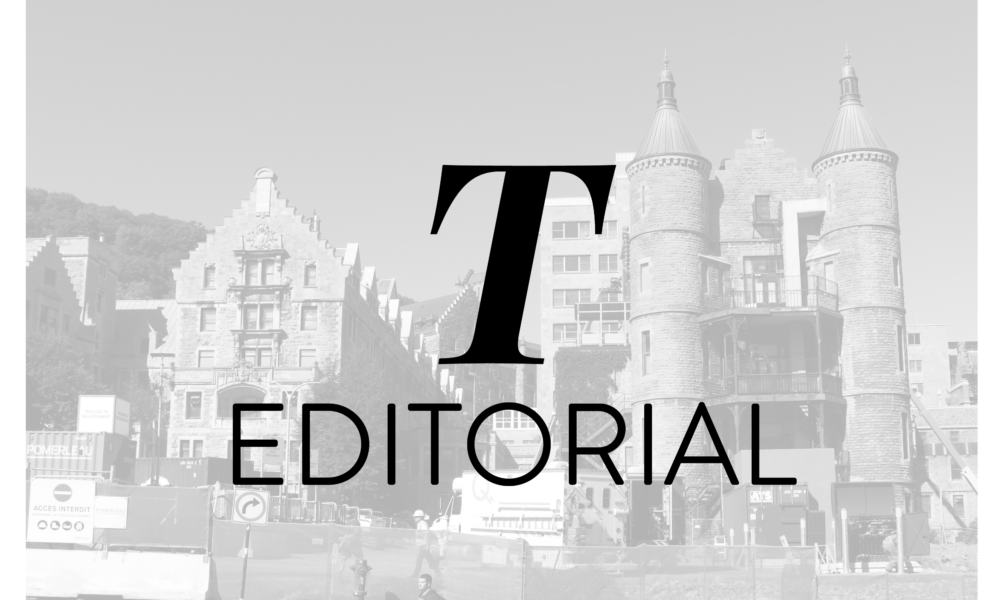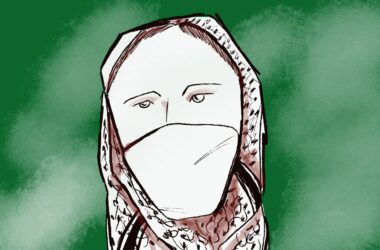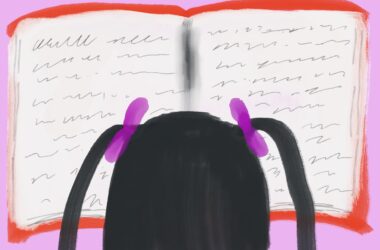In the past week, Israel has intensified its military actions in Lebanon, killing over 700 civilians and displacing over 90,000 people. Destructive Israeli airstrikes have destroyed densely populated residential areas, including a massive bombing that flattened four buildings in Southern Beirut. Lebanon’s health minister, Dr. Firass Abiad, reported that Israel’s military campaign in Gaza has killed over 1,640 civilians in Lebanon since its escalation last October. While international pressure builds for an imperative ceasefire, Israeli Prime Minister Benjamin Netanyahu has reaffirmed a commitment to continue military actions against Hezbollah.
This period of heightened violence and humanitarian crisis coincides with the approaching one-year anniversary of the Oct. 7 Hamas attack, which resulted in the unconscionable murder of 815 Israeli civilians. In response, the Israeli Defense Forces unleashed brutal military operations in Gaza, killing over 42,334 Palestinians, and unjustifiably displacing over 75 per cent of the population. Quebec’s Minister of Higher Education, Pascale Déry, has called on universities to be “more vigilant and proactive” in anticipating a “climate of tension” on campuses and is urging institutions to prepare for the potential unrest.
What Déry refers to as “tensions” points to the ongoing repression of student democracy at McGill. On Sept. 16, the Students’ Society of McGill University (SSMU) revoked the club status of Solidarity for Palestinian Human Rights (SPHR) after McGill threatened to withdraw funding if ties with SPHR were not severed. This decision came months after the university’s unlawful and callous dismantlement of the 75-day Palestine Solidarity Encampment on campus, which stood in solidarity with Palestinian resistance and demanded McGill’s divestment from weapons manufacturing corporations. Though this stance was supported by 78 per cent of voters in a Fall 2023 referendum question regarding the implementation of the Policy Against Genocide in Palestine with record-breaking voter turnout, McGill has continued to condemn pro-Palestine activity while simultaneously defying the clear demands of its student body.
McGill’s prejudiced actions against SPHR are emblematic of its broader strategy of suppression, reflecting a persistent unwillingness to engage with student activism or to acknowledge its institutional ties to larger oppressive structures, like its investment in weapons manufacturing company Lockheed Martin, which supplies the Israeli Defense Forces. Just as McGill avoids reckoning with its presence on unceded Indigenous land, it similarly refuses to recognize the Palestinian cause. Instead, the administration maintains its investments, prioritizing profit over justice. McGill’s tendency to frame sentiments of anti-Zionism as antisemitism, often twisting SPHR’s language and imagery to fit this narrative, allows the university to sidestep the moral imperative of addressing their ties to the ongoing genocide in Palestine.
As the anniversary of the devastating Oct. 7 attack approaches, we must unite as a student community to promote collective peace and solidarity. The university must do better—restoring SPHR’s club status and providing culturally relevant mental health resources for students are crucial steps forward. Just as the university has provided institutional support for Ukrainian students in times of uncertainty and conflict, it is essential that they extend the same empathy and resources to those affected by the crisis in Lebanon and Palestine. Though it’s easy to feel discouraged when McGill dismisses student activism, our resistance and mobilization must persist. Our actions, voices, and protests remain powerful tools for change, and we must continue to use them, as we call on McGill to stand on the right side of history.
As students, condemning any civilian massacre, any act of violence, and any form of oppression should be the simplest decision. But if our community’s shock and distress comes only at the sight of certain brutalized bodies, if our administration speaks out in the name of the horrific violence that took place on Oct. 7, but not when Palestinians are atrociously murdered, abducted and imprisoned, or when Lebanese families are forcibly displaced and bombed, then it is imperative to confront which forms of brutalization our institution deems intolerable and which it does not. Asking for freedom is not a complex demand. Students deserve the right to call for action against genocide and colonialism. Israeli students deserve the space to mourn the horrific day that brought the highest loss of Jewish life since the Holocaust. Lebanese students deserve the ability to seek active support and mobilization from the community around them. And Palestinians deserve sovereignty, safety, and humanity in the face of systemic ethnic cleansing. If any of those statements make you uneasy, then you must ask yourself why.








